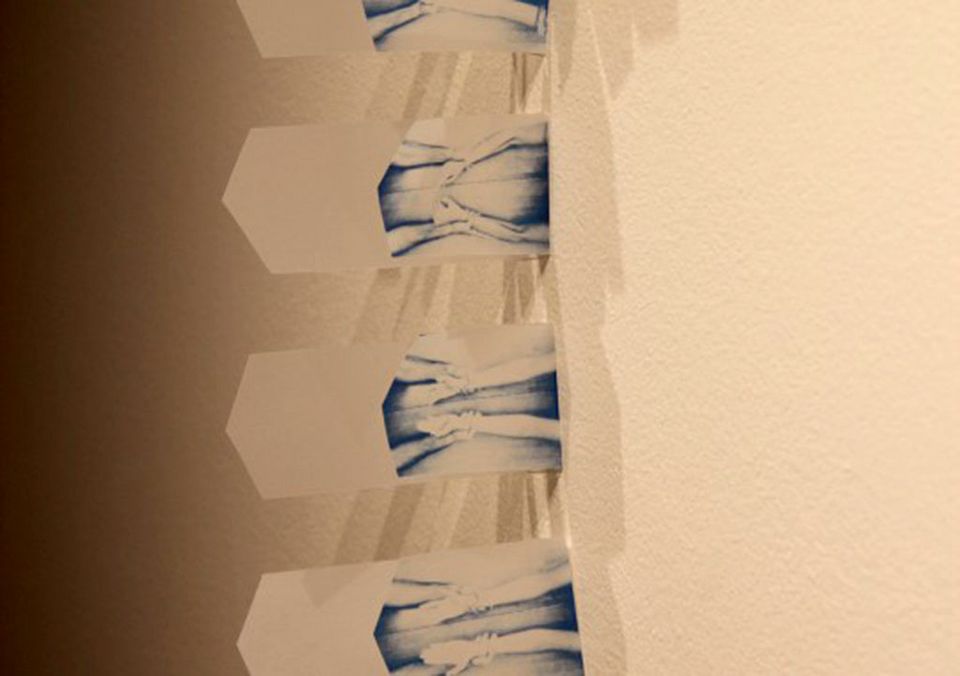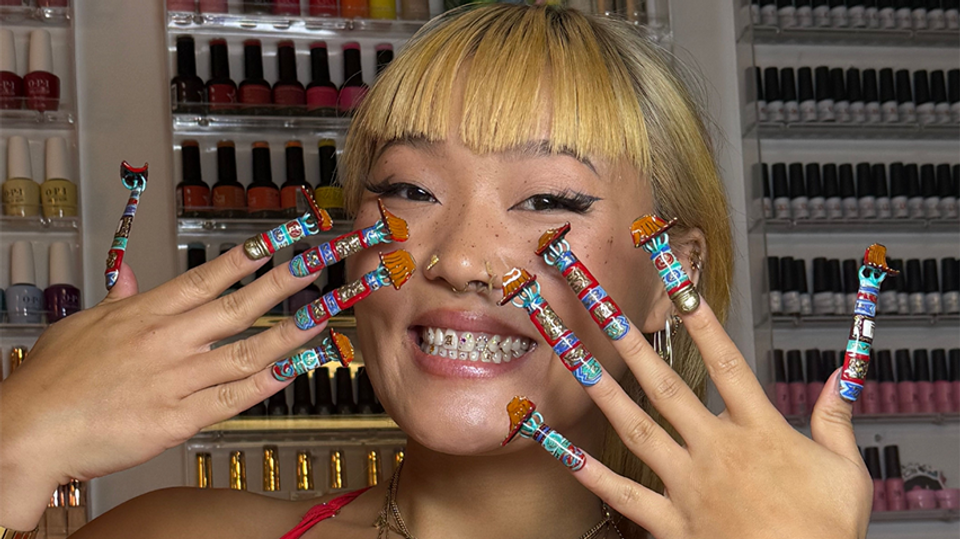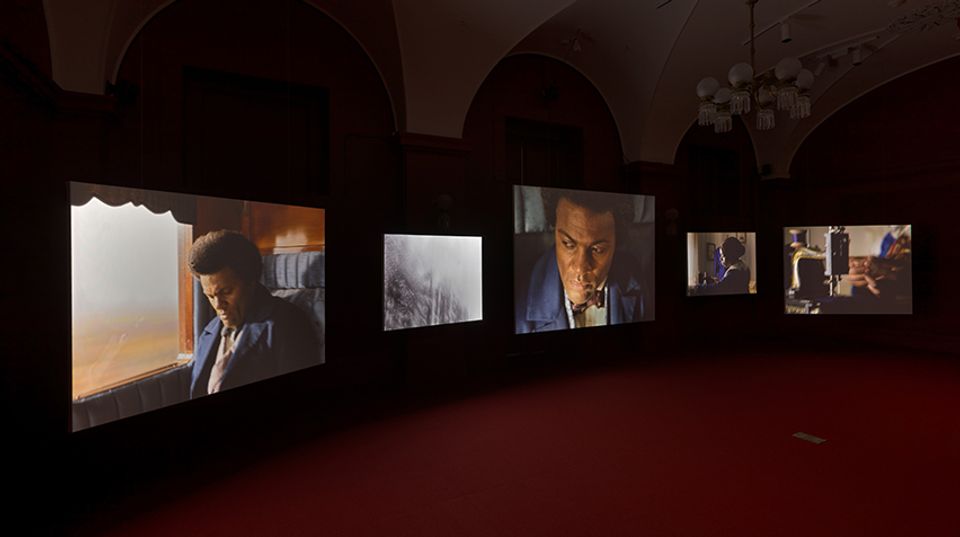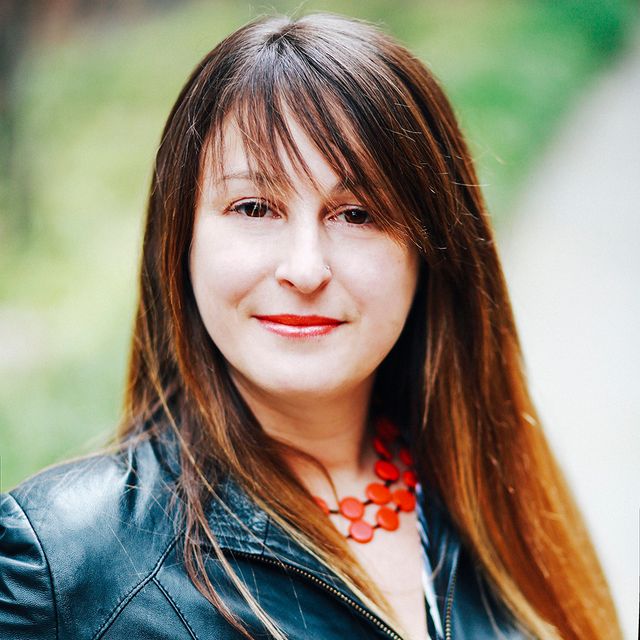
Each month, we partner with our neighbors up the street at Flashpoint Gallery to present our local artist talk series. This month, Kathryn Lynch Thibault joins us to talk about her most recent exhibition and works that inspire her in our Luce Foundation Center. Thibault works across media forms, creating pieces that are not only personal to her, but also challenge how the viewer thinks about common, everyday objects and gestures. Luce Artist Talks are presented in collaboration with CulturalDC.
Eye Level: Your exhibition at Flashpoint, Cultivation/Harvest/Neglect, uses the concept of cultivation and gardening to explore connection and mortality. Why gardens?
Kathryn Thibault: Originally my interest stemmed from looking at garden tools and their relationship to a long-term concern of mine: the tactile connections between the body and mechanical elements. I found space of cultivation a rich area of conceptual exploration, blending process, bodies, growth, and decay. So I decided to take some of my previous material and compositional interests and use them to build work from this new starting point.
EL: How much does personal experience and memory feature in your work?
KT: Because my studio process tends to be intuitive, they factor heavily in my work, though not always in a way that is obvious to me during the process. I am most happy when my work links directly to my own experience, in a way that feels personal but also will resonate with viewers.
EL: How has your art or practice changed over time?
KT: My focus has gone through several major shifts, from technical theater to glass and ceramics in undergrad, then to metal, interactive, and performance work in graduate school. I then transitioned into doing a lot of work in graphics, 3D modeling, and web-based technologies, both for art and non-art purposes. Then I circled back to more physically-based work, both drawing and painting, as well as vellum and mixed media, ephemeral, wall-based sculpture.
EL: What inspires you? How will you decide what to do next?
KT: Frequently, I find inspiration in some small element, such as a texture sample or a specific object in a context that connects to my personal experience (like the frame of a field cultivator). A number of works have actually come out of ideas I've encountered while reading, both fiction and nonfiction. Although I do love working with vellum and more temporary installations, future pieces will still rely on small components but feature more permanent objects. I intend to come back to some of the ideas I've pursued in this show and other recent exhibitions in glass, a material I have always planned on returning to at some point.
EL: What experience has had the biggest impact on your work?
KT: Most recently it would be the four years I spent as a resident artist at the Arlington Arts Center. An amazing community of artists and staff and protected time and space to work made it possible for me to continue to make art at a time when I had considered giving it up. I left the Arlington Arts Center last year due to a family move to Seattle, but the experience had a significant impact on my development as an artist.
Thibault's talk will be at 1:30 p.m. on Saturday, July 16 and her installation will be on view at Flashpoint Gallery until August 13. After her talk in the Luce Center, attendees may visit the gallery with Thibault to continue the conversation there.


















